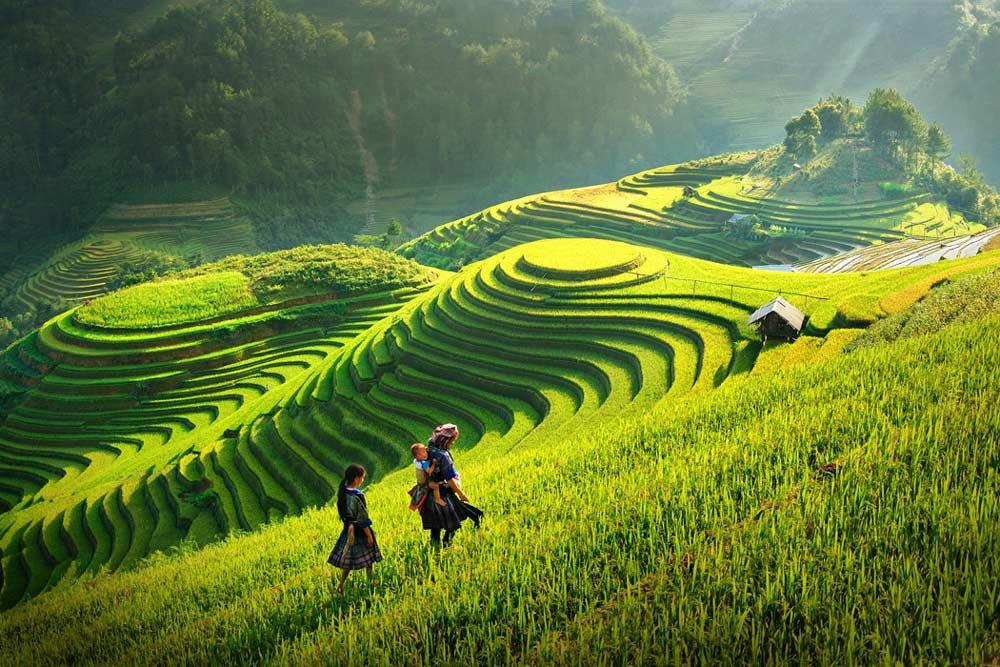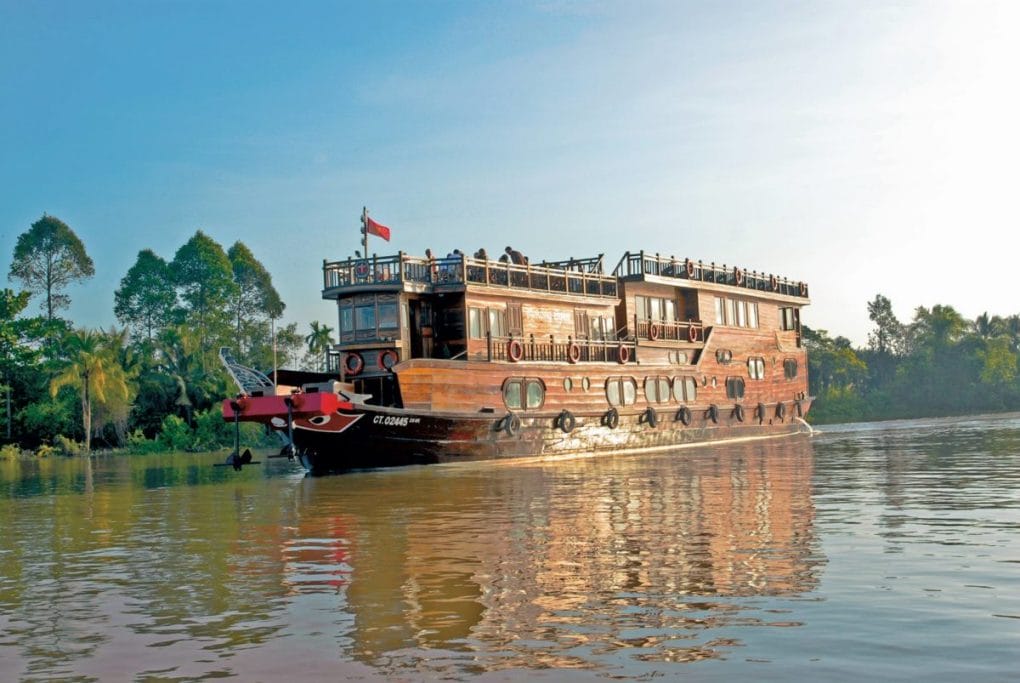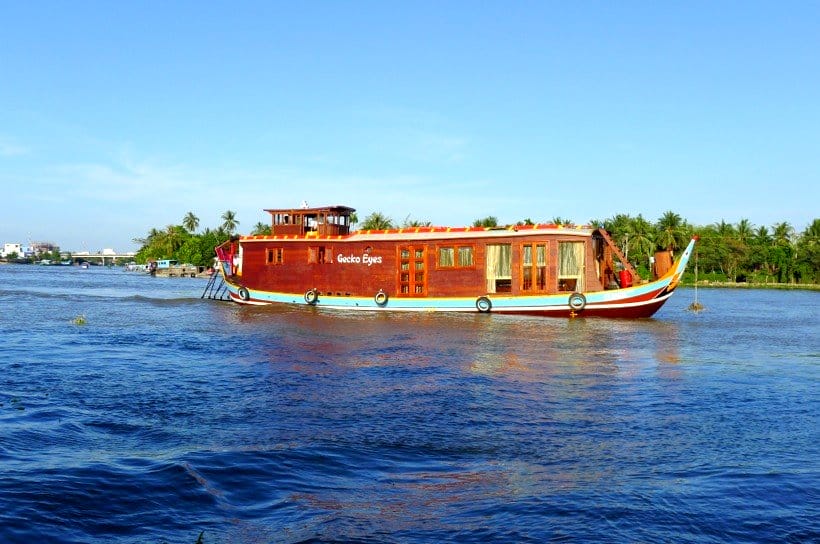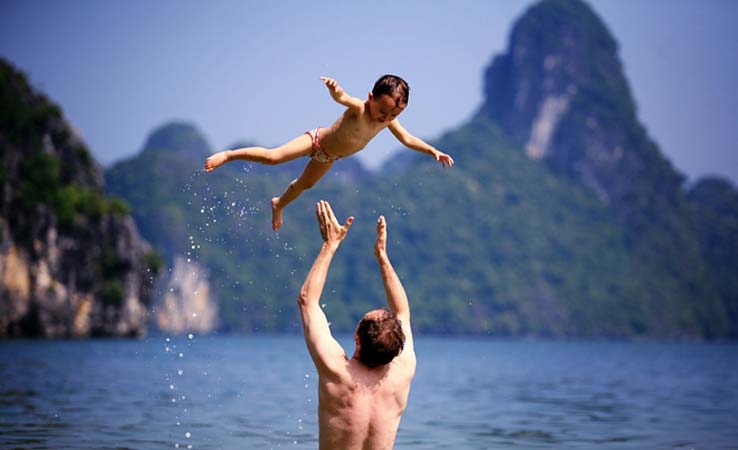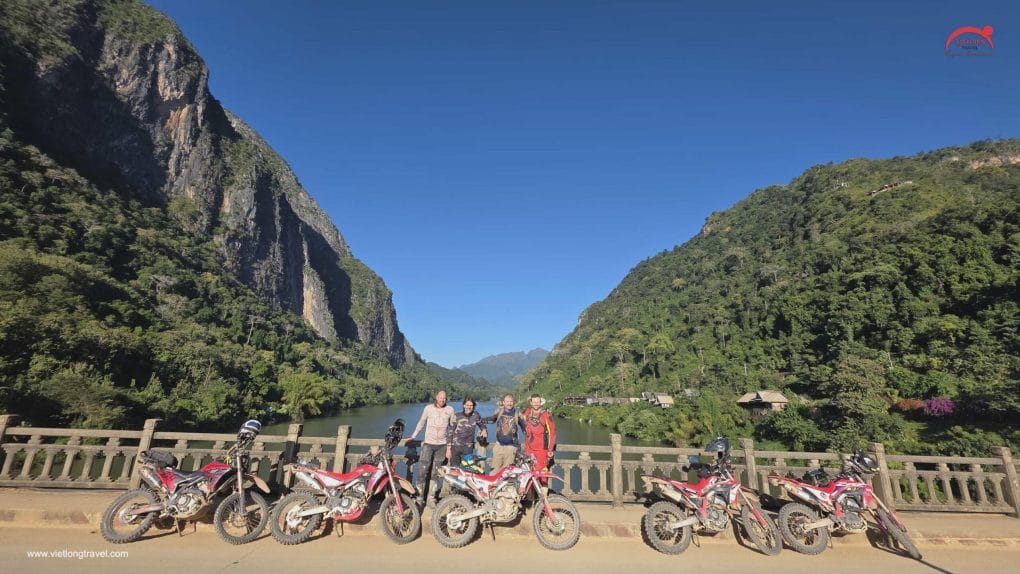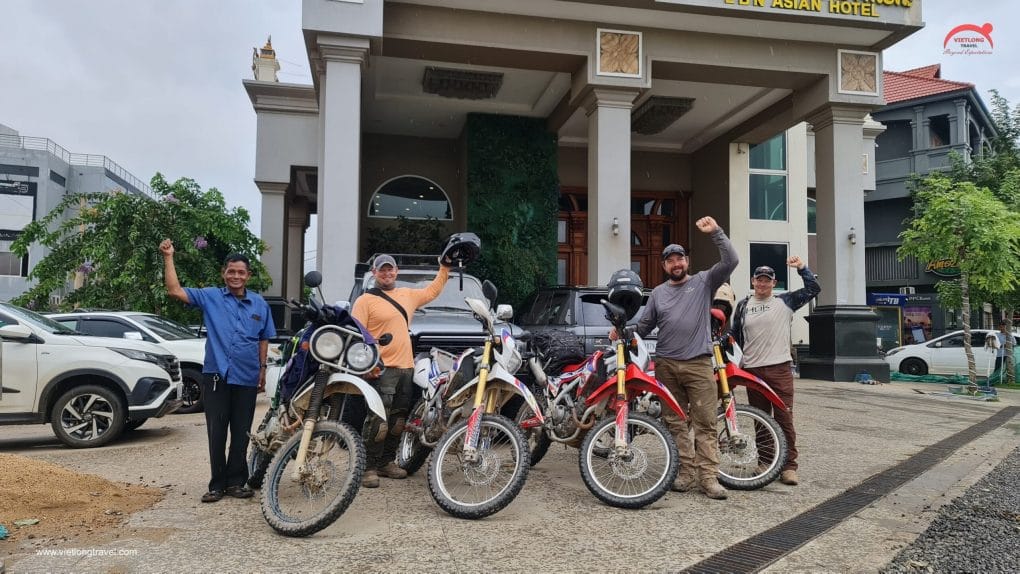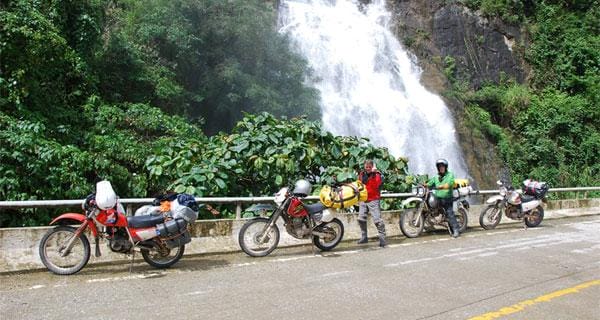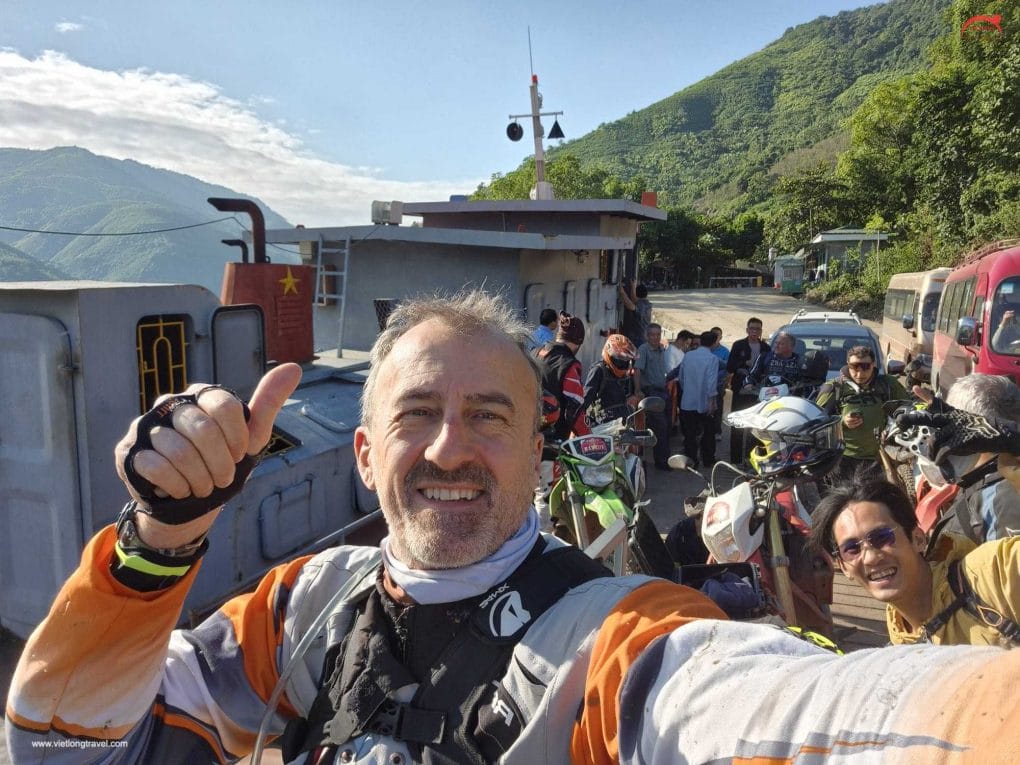Songkran, Thailand’s traditional New Year celebration, is a vibrant festival held annually from April 13th to 15th. Known for its lively water fights and deep-rooted cultural rituals, Songkran symbolizes purification, renewal, and the welcoming of a fresh start. Recognized by UNESCO in 2024 as part of humanity’s intangible cultural heritage, this festival offers a unique blend of tradition and festivity.
The term Songkran derives from the Sanskrit word saṅkrānti, meaning ‘astrological passage,’ marking the sun’s transition into the Aries zodiac. Traditionally, it signifies the end of the dry season and the beginning of the Thai New Year. Historically, Songkran was observed as the official New Year until 1888, when Thailand adopted the Gregorian calendar. Despite this change, Songkran remains a significant cultural event, deeply embedded in Thai society.
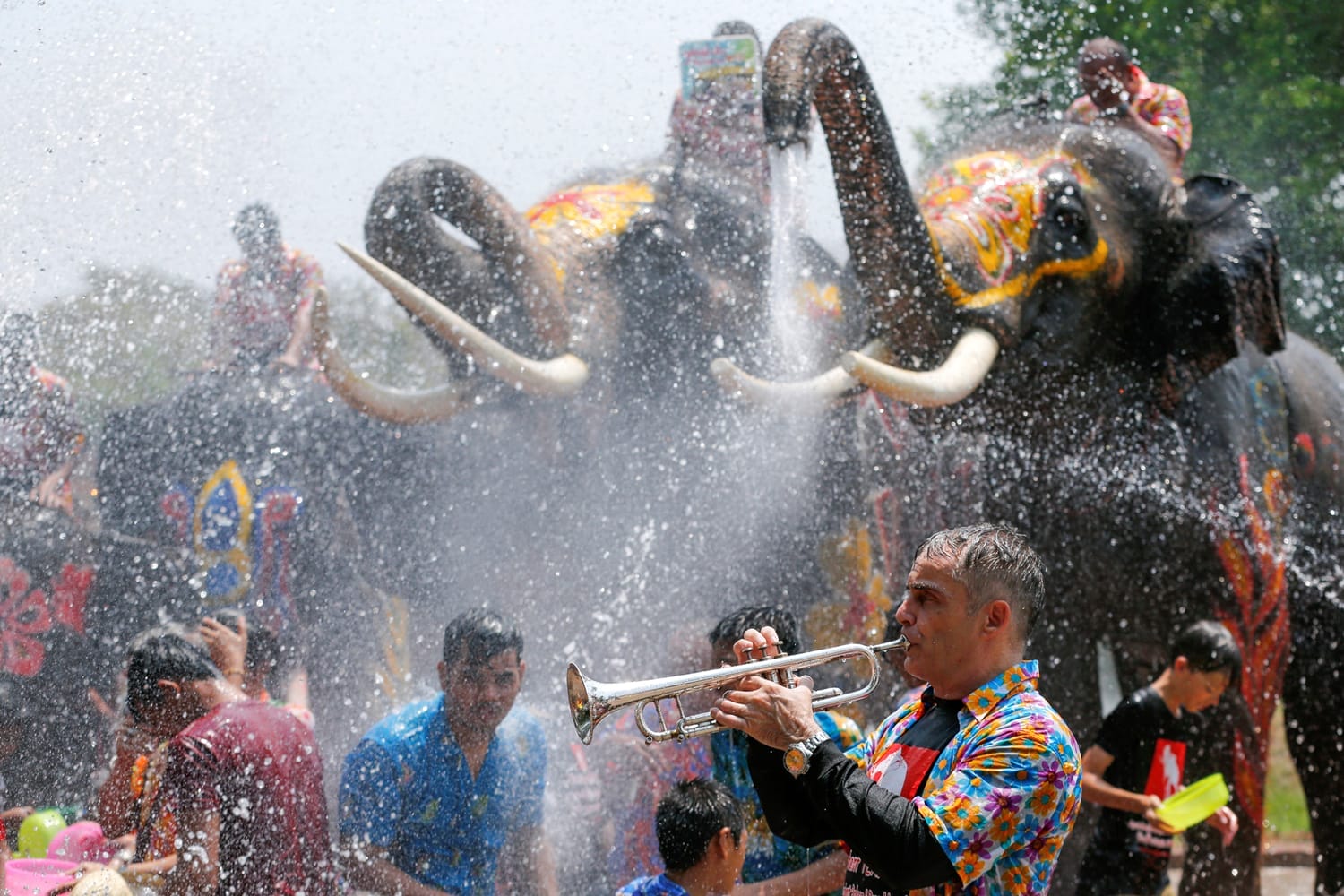
Traditional Practices and Rituals
Songkran is rich with customs that emphasize respect, gratitude, and purification:
-
Merit-Making: Visiting temples to offer food to monks and participate in religious ceremonies.
-
Water Pouring: Gently pouring water over Buddha statues and elders’ hands symbolizes cleansing and blessings.
-
Sand Pagodas: Building sand stupas at temples represents the return of dirt carried away on one’s feet during the year.
-
Releasing Animals: Setting birds or fish free as an act of merit and compassion.
These rituals underscore the festival’s emphasis on renewal, respect for elders, and spiritual cleansing.
Modern Celebrations and Water Fights
In contemporary times, Songkran has evolved into a nationwide water festival, attracting tourists and locals alike:
-
Water Battles: Streets transform into arenas for friendly water fights, with participants using buckets, hoses, and water guns.
-
Public Events: Cities like Bangkok, Chiang Mai, and Phuket host organized events featuring music, dance, and cultural performances.
-
Tourism Boost: The festival significantly boosts tourism, with the Thai government projecting an 8% rise in foreign visitors during the celebration week.
While the water festivities are a highlight, it’s essential to participate respectfully, considering local customs and safety guidelines.
Regional Variations Across Thailand
Songkran celebrations vary across different regions, each adding its unique flavor:
-
Northern Thailand (Chiang Mai): Known for elaborate parades, traditional dances, and the “Miss Songkran” beauty pageant.
-
Central Thailand (Bangkok): Features large-scale water fights, especially on Khao San Road and Silom Road.
-
Southern Thailand: Emphasizes religious ceremonies and family gatherings over public festivities.
-
Eastern Thailand: Communities focus on temple activities and building sand pagodas.
These regional differences offer diverse experiences for those wishing to explore the festival’s various facets.
Culinary Delights During Songkran
Food plays a central role in Songkran celebrations, with families preparing and sharing traditional dishes:
-
Khao Chae: A refreshing dish of rice soaked in jasmine-scented water, served with side dishes.
-
Som Tam: Spicy green papaya salad, a staple in Thai cuisine.
-
Pad Thai: Stir-fried rice noodles with eggs, tofu, and tamarind sauce.
-
Mango Sticky Rice: Sweet sticky rice served with ripe mango slices and coconut milk.
These dishes not only satisfy the palate but also reflect Thailand’s rich culinary heritage.
Preparing for Songkran: Tips for Travelers
If you’re planning to experience Songkran firsthand, consider the following tips:
-
Protect Your Belongings: Use waterproof bags for electronics and valuables.
-
Dress Appropriately: Wear lightweight, quick-drying clothes; avoid white or light-colored garments.
-
Respect Traditions: Be mindful of local customs, especially when participating in religious ceremonies.
-
Stay Hydrated: April is one of Thailand’s hottest months; drink plenty of water.
By following these guidelines, you can enjoy the festivities while respecting the cultural significance of the event.
Frequently Asked Questions
Q1: What is the significance of water in Songkran?
Water symbolizes purification and the washing away of sins and bad luck, marking a fresh start for the New Year.
Q2: Is Songkran celebrated only in Thailand?
While Songkran is Thailand’s New Year festival, similar celebrations occur in neighboring countries like Laos (Boun Pi Mai), Cambodia (Sankranta), and Myanmar (Thingyan).
Q3: Are there any safety concerns during the festival?
Yes, due to increased travel and water-related activities, there can be higher risks of accidents. It’s essential to stay alert and follow safety guidelines.
Q4: Can tourists participate in Songkran festivities?
Absolutely! Tourists are welcome to join the celebrations, but it’s crucial to engage respectfully and be aware of local customs.
Q5: How has Songkran evolved over the years?
While maintaining its traditional roots, Songkran has incorporated modern elements like large-scale water fights and public events, attracting a global audience.
Experience Songkran with Us!
Join our exclusive Thailand Travel Package Tour now.


